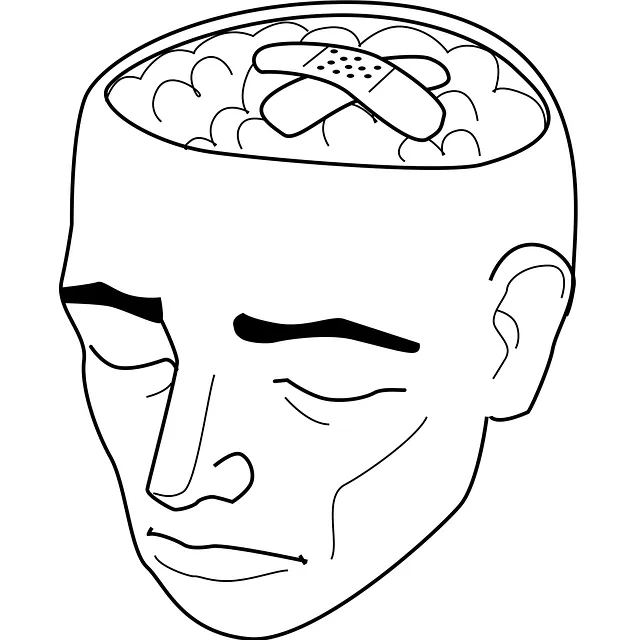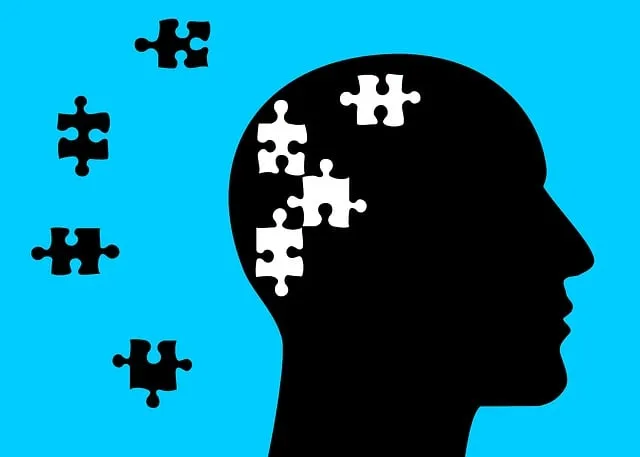Kaiser Trauma Therapy offers a specialized approach to healing deep trauma, addressing complex emotional responses and flashbacks through evidence-based methods like CPT and EMDR. This holistic method includes mindfulness practices, alternative treatments, and trauma-informed care training for professionals. By focusing on self-discovery, mental and physical practices, personalized treatment plans, and building resilience, Kaiser Trauma Therapy empowers individuals to process traumatic memories, reduce PTSD symptoms, and reclaim their lives.
Deep trauma, often hidden beneath the surface, can have profound effects on our emotional and physical well-being. This article explores the intricate process of healing from deep trauma, providing a comprehensive guide for those seeking understanding and recovery. We delve into various aspects, including recognizing symptoms, self-healing strategies, and professional support through innovative approaches like Kaiser Trauma Therapy. By examining these elements, individuals can begin their journey towards resilience and a nurturing healing environment.
- Understanding Deep Trauma and Its Impact
- The Role of Kaiser Trauma Therapy
- Identifying Symptoms and Signs of Unprocessed Trauma
- Strategies for Self-Healing and Recovery
- Professional Support and Treatment Options
- Building Resilience and Cultivating a Healing Environment
Understanding Deep Trauma and Its Impact

Deep trauma is a profound and lasting effect of severe or life-threatening events. It’s more than just experiencing fear or anxiety; it’s a response to situations where one feels utterly helpless, violating the sense of safety and security. Such experiences can include physical or sexual abuse, violent assault, natural disasters, or war. The impact of deep trauma extends beyond the immediate event, affecting individuals on emotional, psychological, and even physical levels for years to come. Symptoms may include flashbacks, nightmares, severe anxiety, depression, and a constant sense of danger, significantly impairing daily functioning.
Kaiser trauma therapy recognizes these complex layers of distress and offers various evidence-based approaches to address deep trauma. Alternative treatments like meditation have shown promise in trauma resolution, helping individuals cultivate mindfulness and presence, which can disrupt the cycle of reliving traumatic memories. Moreover, exploring alternative therapies for PTSD in adults, such as eye movement desensitization and reprocessing (EMDR) and cognitive behavioral therapy (CBT), provides effective paths to healing. These therapies are designed to process and integrate traumatic memories, fostering resilience and a renewed sense of safety.
The Role of Kaiser Trauma Therapy

Deep trauma requires specialized care, and Kaiser Trauma Therapy offers a transformative approach to healing. This therapeutic method recognizes that trauma often leaves individuals with complex emotional responses and flashbacks, impacting their daily lives. By focusing on the root causes, this therapy facilitates a profound process of self-discovery, enabling people to reclaim their power and break free from the cycle of suffering.
One of its key strengths lies in empowering individuals to heal naturally from abuse by providing them with the necessary tools. Mindfulness practices for traumatic memories are an integral part of this process, helping patients confront and manage their past experiences. Dealing with trauma without traditional therapy is not about avoiding it but about learning to navigate through it, allowing one to find solace and rebuild a sense of self.
Identifying Symptoms and Signs of Unprocessed Trauma

Many individuals experiencing deep trauma may not immediately recognize the subtle signs and symptoms that their past has left behind. Unprocessed trauma can manifest in various ways, often affecting one’s emotional, physical, and behavioral well-being. Some common indicators include flashbacks or vivid memories of the traumatic event, nightmares, persistent feelings of anxiety or fear, difficulty concentrating, and avoidance behaviors where individuals steer clear of places or people that evoke reminders of the trauma.
The impact of unhealed trauma can extend to one’s daily functioning and relationships. Chronic stress, insomnia, irritability, and a heightened sense of vulnerability are all potential symptoms requiring attention. Kaiser trauma therapy emphasizes the importance of recognizing these signs early on, as they are crucial indicators that healing from abuse naturally is needed. Trauma-informed care training for professionals can provide valuable tools to support individuals navigating these challenges, ultimately aiming to reduce symptoms through the kaiser approach.
Strategies for Self-Healing and Recovery

Healing from deep trauma is a journey that requires patience and self-compassion. Strategies for self-healing and recovery involve integrating both mental and physical practices. Techniques such as deep breathing exercises for Kaiser therapy have been shown to reduce stress and anxiety, fostering a sense of calm and safety. Engaging in mind-body techniques for trauma victims, like yoga or tai chi, can help reconnect individuals with their bodies, promoting physical and emotional healing.
Additionally, mindfulness meditation for traumatic events has gained popularity due to its ability to cultivate present-moment awareness, allowing individuals to process past experiences while letting go of negative emotions attached to them. These practices, often supported by Kaiser trauma therapy, create a holistic approach that empowers individuals to take control of their recovery and rebuild their lives.
Professional Support and Treatment Options

Deep trauma healing often requires professional support and specialized treatment options tailored to the individual’s unique needs. Kaiser Trauma Therapy offers comprehensive care through a team of trained mental health professionals who employ evidence-based techniques, such as cognitive processing therapy (CPT) and eye movement desensitization and reprocessing (EMDR), to help individuals process and overcome their traumatic experiences. These approaches facilitate the mind’s natural healing process by reducing symptoms of anxiety, depression, flashbacks, and nightmares associated with trauma.
In addition to traditional talk therapy, Kaiser Trauma Therapy incorporates various tools like mindfulness meditation for traumatic events and trauma-focused breathing exercises. These practices promote self-regulation, emotional resilience, and a deeper sense of calm, empowering individuals to manage their responses to triggers and lead more fulfilling lives. Through personalized treatment plans, dedicated professionals guide survivors on their journey towards healing and restoration.
Building Resilience and Cultivating a Healing Environment

Building resilience is a cornerstone of healing from deep trauma. Through dedicated practice and professional support, individuals can learn to navigate life’s challenges with newfound strength and flexibility. Kaiser trauma therapy emphasizes evidence-based techniques like cognitive processing therapy (CPT) and eye movement desensitization and reprocessing (EMDR), which help process traumatic memories safely and effectively. These therapies empower survivors to challenge negative beliefs and emotions associated with their experiences, fostering a sense of agency and empowerment.
Creating a healing environment is equally vital. This involves cultivating spaces that promote safety, comfort, and self-care. Gentle ways to overcome trauma include engaging in regular practice of trauma-focused breathing exercises, which can help regulate the nervous system and reduce anxiety. Additionally, trauma healing retreats near me offer supportive settings where individuals can connect with others who understand their struggles, engage in therapeutic activities, and immerse themselves in practices that nurture emotional well-being.
Deep trauma is a complex condition, but healing is achievable through understanding its impact and utilizing effective strategies. The article has explored various aspects of this process, from recognizing symptoms to the benefits of professional support. One notable approach, highlighted by research, is Kaiser trauma therapy, which offers a structured path to recovery. By combining self-care practices with specialized treatment, individuals can build resilience and reclaim their lives. Remember that seeking help is a sign of strength, and with the right tools and support, healing from deep trauma is within reach.






